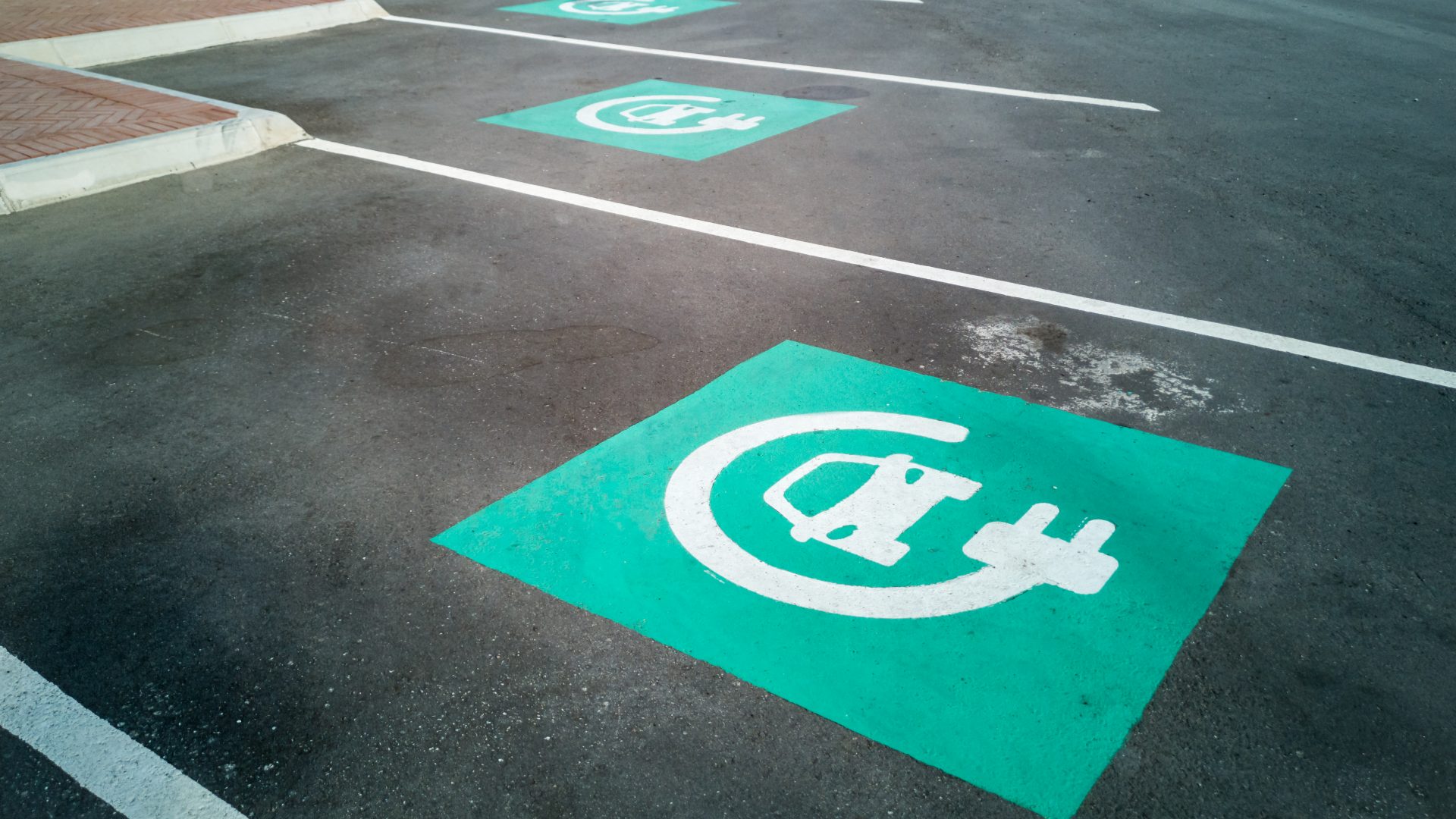
transport & mobility
EU sustainable & smart mobility strategy – next steps for ChargePoint
The European Commission’s Sustainable and Smart Mobility Strategy included a basket of measures aiming to enable Europe to reach its climate goals and make its transport sector smarter and cleaner. Electric vehicle infrastructure providers are focusing on decarbonising road transport, specifically cars and vans. Revising the Alternative Fuels Infrastructure Directive (AFID) will have a crucial role concerning consistent infrastructure role out.

We asked Christopher Burghardt, Managing Director Europe at ChargePoint, about their lessons learnt from the pandemic, opportunities in the digital age and how ChargePoint assess the Commission’s strategy.
What will the impact of the new emission targets for your sector be?
Christopher Burghardt (CB): The targets set by the European Commission give a clear signal to the market and will boost the uptake of Electric Vehicle (EV) sales and the need for charging infrastructure. ChargePoint will grow at the same time as road transport electrification. The EU’s goal also provides direction to Member State governments and businesses and offers investment opportunities. These developments will accelerate the transition from conventionally propelled vehicles with Internal Combustion Engines towards EVs.
Furthermore, the fuelling environment is changing with increasing road transport electrification. With more EVs on Europe’s roads, consumers are no longer dependent on the petrol station network, which is in the hands of just a few companies. It also changes the refuelling or recharging behaviour – gas-powered vehicles are usually fuelled-when-empty. With EVs, consumers will charge when they park – at home, at their office or the shopping centre. We see this new flexibility as an opportunity, and in the end, the charging stations are nothing more than an extension of the electricity grid.
The EU’s goal also provides direction to Member State governments and businesses and offers investment opportunities.
What are the most promising business opportunities for Chargepoint in the age of “digitalised transport”? Or areas for improvement?
CB: Consumers will be able to charge when it is convenient for them. Alongside electrification comes digitisation of mobility, and vehicles have already become computers on wheels. Vehicle manufacturers must invest in suitable software as the interface between the car and the charger is essential. The battery management system runs the vehicle’s battery and, therefore, connects the driver and the charging stations.
ChargePoint’s software is found on the infrastructure and the interface between the charging unit and the user. This user interface is vital as it enables price transparency, plug-and-charge and allows a seamless charging experience. As the consumer will recharge more often than with a conventionally vehicle, ChargePoint’s mission is to make this process as easy and integrated as possible.
Vehicle manufacturers must invest in suitable software as the interface between the car and the charger is essential.
What are the most important proposals from the Commission’s Sustainable and Smart Mobility Strategy for your sector? Does the Strategy correctly address the policy needs of your industry?
CB: Indeed, the revision of AFID is critical as it lays the foundation for infrastructure deployment. It will also affect EV sales. Furthermore, the review of the Energy Performance of Buildings Directive will play a vital role, as it will include provisions on charging infrastructure for e-mobility. Buildings (e.g. offices) and houses are the places where most users will be charging their vehicle.
Also, the initiatives regarding the common European mobility data space and consumer and data protection are vital to ensure a safe space for information and ensure consumers’ trust.
Additionally, recovery funds are essential for investing in charging infrastructure, as the Commission intends to use a part of the fund to install one million charging points by 2025. Lastly, with consumers moving from fuelling to charging, it is crucial to ensure that the energy has no carbon footprint. Overall, the EU should boost and encourage the use of renewable energies.
the review of the Energy Performance of Buildings Directive will play a vital role, as it will include provisions on charging infrastructure for e-mobility
Given the COVID-19 context (no face-to-face meetings, etc.) how will you adapt your engagement strategy with policymakers to make your voice heard?
CB: We have made virtual meetings as easy as physical ones. Nevertheless, the virtual setting reduces opportunities for informal engagement.
Meanwhile, the pandemic has not prevented us from launching ChargeUp Europe in March 2020. Our association brings together the leading players of the electric vehicle charging infrastructure sector. Together, we seek to extend the membership to include all major actors in the industry. In the past months, we have seen positive feedback. European Commissioner for Transport Valean, Members of the European Parliament and other industry stakeholders such as ACEA are keen on working with us.
The health crisis led to an economic crisis. Policymakers had to take bold decisions. At the same time, this crisis was and is an opportunity to take courageous decisions. Electrification is an opportunity that can accelerate economies, and it is crucial to take significant steps in times of crisis.
In any case, we are indeed looking forward to physical meetings, and until then, we will use the digital tools to exchange online.
